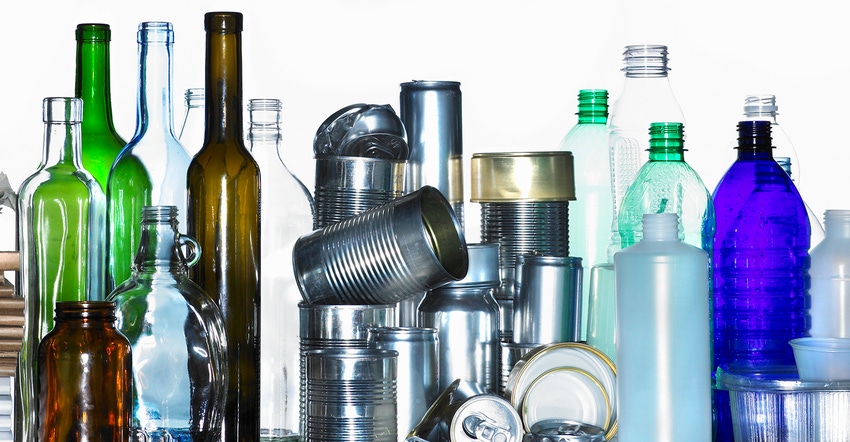November 11, 2016

NFM: I’m not sure a BPA free label is enough to convince me that a can or plastic container is safe. What else should I look for on canned goods, packaged foods and bottled beverages?
Store: Many brands now use BPA-free cans, and you can tell that by the label, such as this soup right here.
NFM: No, I get that, and I already look for those labels. But now I’ve read about other chemicals such as BPS, which companies use instead of BPA but likely isn’t safer. Beyond BPA free labels, how can I know what other chemicals may be found in a can lining, frozen food package or even a reusable water bottle? Are there any types of packaging I should avoid just to be safe?
Store: Oh wow, I really don’t know about other chemicals. We haven’t heard anything from our brands, so I’m not sure what to tell you.
How did this retailer do?
Our expert educator: Nancy Wayne, PhD, a reproductive endocrinologist and physiology professor at the David Geffen School of Medicine at the University of California, Los Angeles:
"It is clear that BPA, BPS and phthalates used in some aluminum cans, plastic bottles and other food and beverage containers are harmful. It is also clear that these chemicals leach into the products we consume. What is unclear is whether the amount being leached is harmful, keeping in mind that we are exposed to dozens of harmful chemicals and don’t know if there is an accumulated effect. Not enough independent, unbiased research has been done to investigate packaging chemicals and their impact on disrupting normal biological functions.
As for knowing which chemicals are in a can or bottle, it’s tricky. Manufacturers of these packaging solutions are not required to divulge the chemicals used to make them. Retailers could try asking, but the manufacturers don’t necessarily know which chemicals could be harmful to consumers besides the usual known endocrine-disruptors such as bisphenols—BPA, BPS and others—and phthalates. To be safe, retailers could stock more items packaged in glass. I know many don’t like glass because it’s breakable and heavier than plastic, but when it comes to toxicity, it remains one of the safest containers."
You May Also Like
.png?width=700&auto=webp&quality=80&disable=upscale)


